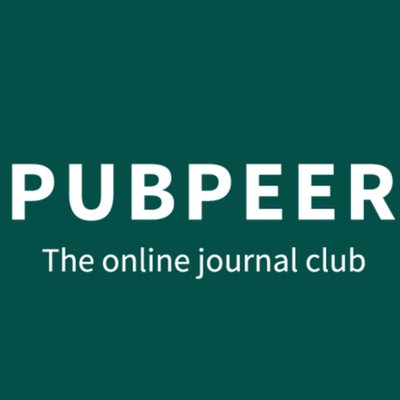
Would you consider a donation to support Weekend Reads, and our daily work?
The week at Retraction Watch featured:
- Pakistan university’s pharmacy department chair notches two retractions
- Former Harvard cancer researcher plagiarized data, federal watchdog says
- Penn State prof earns second retraction, faces third following university probe
- ‘Stealth corrections’: when journals quietly fix papers
- Nobel prize-winner tallies two more retractions, bringing total to 13
Our list of retracted or withdrawn COVID-19 papers is up past 400. There are more than 50,000 retractions in The Retraction Watch Database — which is now part of Crossref. The Retraction Watch Hijacked Journal Checker now contains more than 250 titles. And have you seen our leaderboard of authors with the most retractions lately — or our list of top 10 most highly cited retracted papers? What about The Retraction Watch Mass Resignations List — or our list of nearly 100 papers with evidence they were written by ChatGPT?
Here’s what was happening elsewhere (some of these items may be paywalled, metered access, or require free registration to read):
Continue reading Weekend reads: Lawsuits filed and dismissed; ‘the rise of the science sleuths;’ research assessment culture
